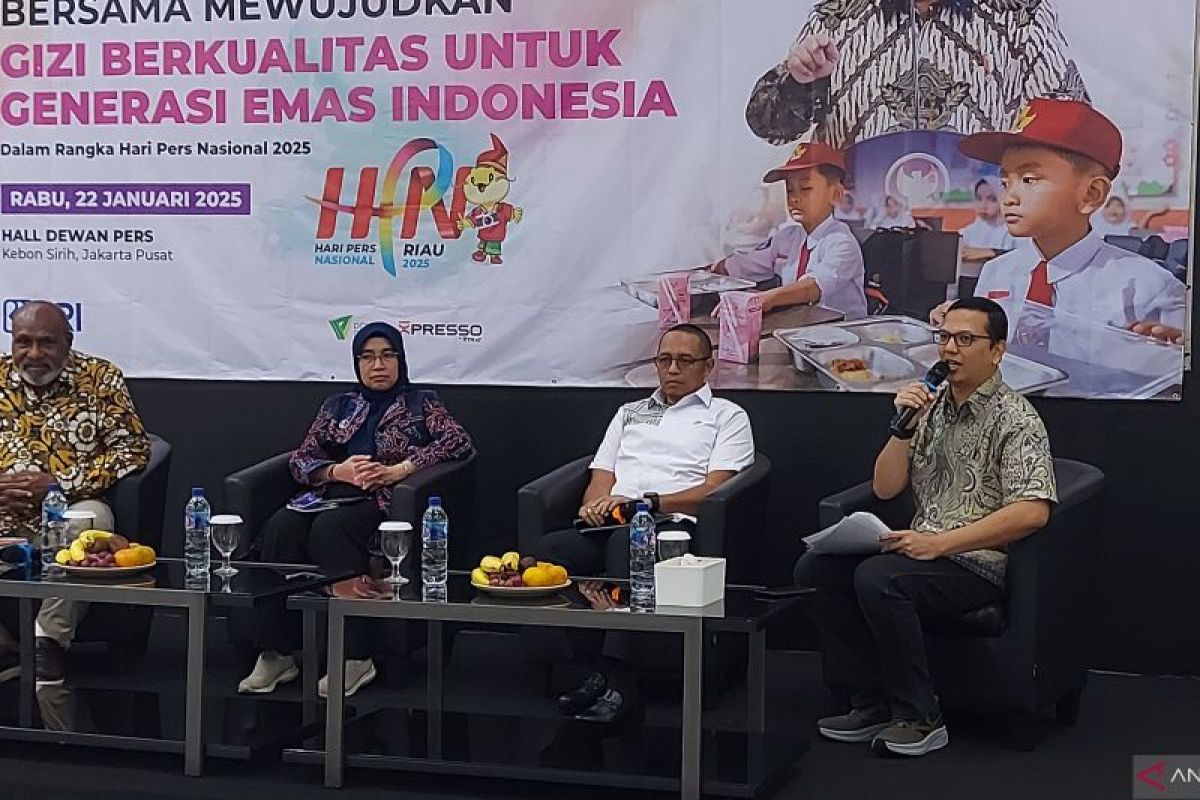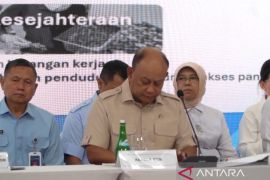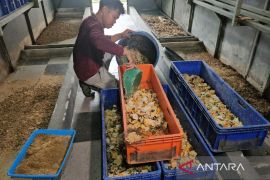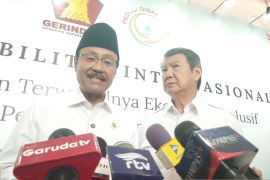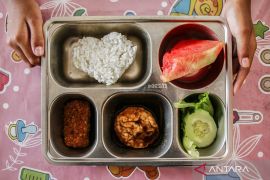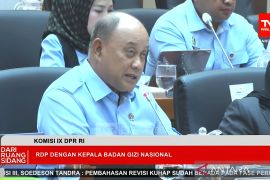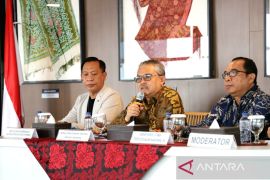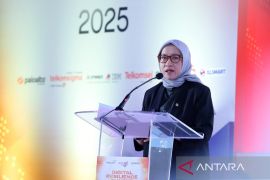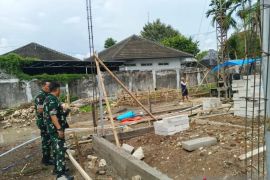During a discussion about the MBG program at the Press Council Building held here on Wednesday, Nasbi emphasized that the program significantly helps educate children on developing good habits that promote a healthy lifestyle.
"At several locations, we see children learning to line up for food. If this program did not exist, there would not be an opportunity for children to learn how to queue, especially in rural areas," he remarked.
In addition to promoting healthy eating and behavior changes, the MBG program encourages schools to improve their facilities.
"Children need to bring their own utensils, but if they forget, they must wash their hands (to eat with their hands). Schools that previously did not have handwashing facilities now have them and often obtained it with help from the community," he highlighted.
Nasbi also noted significant changes in children's behavior towards consuming vegetables. In places like Yogyakarta and Bogor, over 50 percent of first graders have begun incorporating vegetables into their diets.
On average, fifth and sixth graders are now finishing their vegetables served on their plates. This change in behaviour is largely attributed to seeing their peers doing the same, he explained.
The MBG program also educates about food waste management in schools. Children are instructed to separate food waste for composting.
Rather than being discarded, food waste is repurposed sustainably, demonstrating practical waste management within the school environment.
He concluded by highlighting the overwhelmingly positive response from the community, including students, teachers, and parents, who have embraced the program enthusiastically.
Related news: PCO suggests diverse menus in MBG for students with food phobias
Related news: Ministry to provide human resources for MBG program
Translator: Andi, Kenzu
Editor: Rahmad Nasution
Copyright © ANTARA 2025
